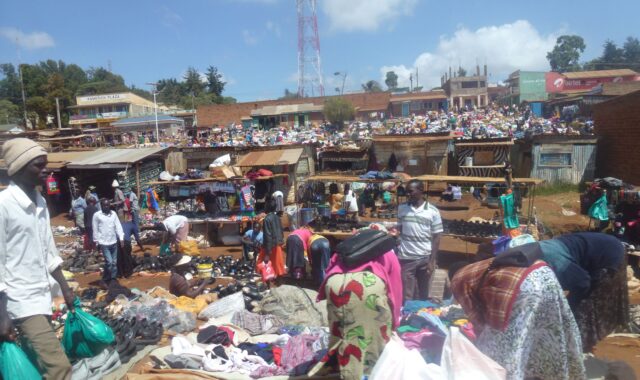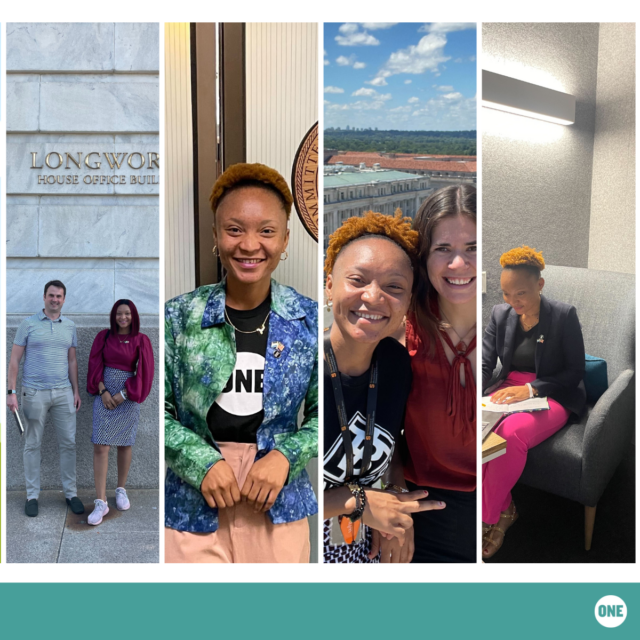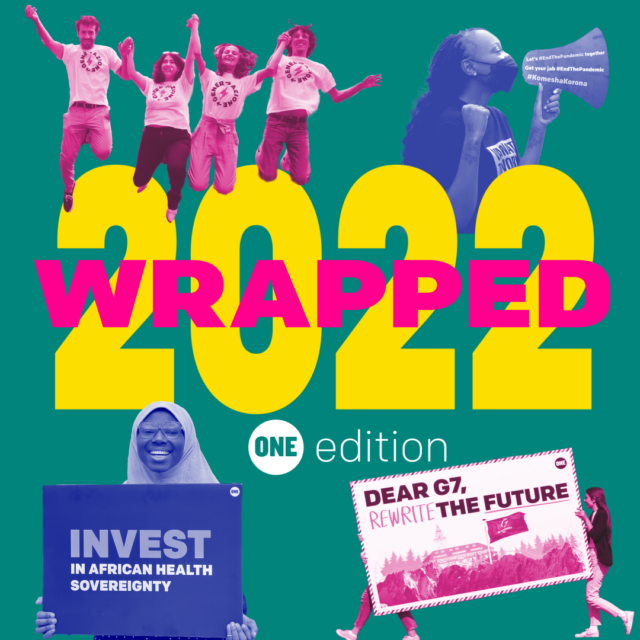Our guest blogger today is Oliver Templeman, a ONE Youth Ambassador in the UK. He recently visited Kenya to assist local entrepreneurs to build up a business.
Issac Asimov once said, “Your assumptions are your windows on the world. Scrub them off every once in a while, or the light won’t come in.” If it is not your desire to live in darkness then please scrub away.
It is simple really: assumptions are constant, the world is not. Most of my assumptions of Africa fell apart while I stayed in Kenya.
I felt safe, very safe in fact. There were hardly any people begging. I had hot showers (almost) every day. The internet was fantastic! Mobile phones were not just common; they were everywhere. The list goes on.
Perhaps my reaction is not surprising when it sometimes seems the only image that comes out of Africa is a negative one. A continent of war, poverty, crime and general hopelessness. One full of victims just “waiting to be saved”. Certainly not a continent that contained 6 of the 10 fastest growing economies in the world in 2014. A lot has changed in Africa and that may be hard for some in the West to understand.
So much has been achieved in the last few decades. The number of people living in extreme poverty (those living on less than the equivalent of $1.25 in America, in 2005) has been cut by half in 20 years and could be virtually eliminated by 2030. In fact, it should be!
Less people are dying needless deaths, from diseases as easily treatable as diarrhoea. Life expectancy outside of war-torn areas is on the rise. Technology is starting to solve problems like water supplies – see the Gates Foundation’s “poop water”. In Kenya – where previously most people had poor access to formal banking – M-PESA has ensured that as long as you have a phone you can deposit, withdraw and transfer money to anyone who has a passport or a national ID card. Very little bureaucracy. Very little interference. Available to all.
Much of the media discourse surrounding Kenya in the UK is one of sympathy. After all, I suppose a part of me expected to see “the poor African child crying in the street” visual. Instead, I regularly see children playing and laughing in the street, and in schools. The small number of children in Kenya I have met seem genuinely excited to learn, far more than I did at their age.
Kenya is not a ‘broken society’. Granted, it has many obstacles to clear over the next few decades – about a third of Kenyans live in extreme poverty. Nevertheless, what is very clear is that the country, and likewise the continent, is more than capable of challenging these problems.
I expected to feel obliged to leave big tips everywhere I went. After all, what little money I have in the UK can buy a hell of a lot more in Kenya. However, these are working businesses. They make real money. The have real customers, who themselves earn real money.
Randomly giving out money arguably does more psychological good for the white western giver than it does for the receiving business. Giving out food means the restaurant industry will suffer. Giving out clothes means the clothing industry will suffer. It does little but encourage dependence. Far better would be to help those in need to find employment, and consequently empowerment. As a matatu (minibus) driver told me, “I like my job because it helps me survive”.
Kenya is certainly not a third world country. There is far too much joy, passion and dedication here to accept that I am two grades higher a human being. Indeed, does any such country exist?
We assume we have nothing to learn from Africa. However, when you look beyond the media portrayal, there is lots we can look to them for. For example, about a third of African countries have higher female representation in their parliament than the UK. Also, I dare say Africa could teach us how to live life. Kenya certainly could. Much of the developed world from New York to London is incredibly serious. I cannot remember a place where people smile so freely.
It is incredibly important to avoid sweeping generalisations of Africa. Yet there is one assumption you can definitely take away with you. Africa – and in particular Kenya – does not and will never need your pity. It more than deserves your respect.
Look out for Part 2 of Oliver’s blog coming soon.







